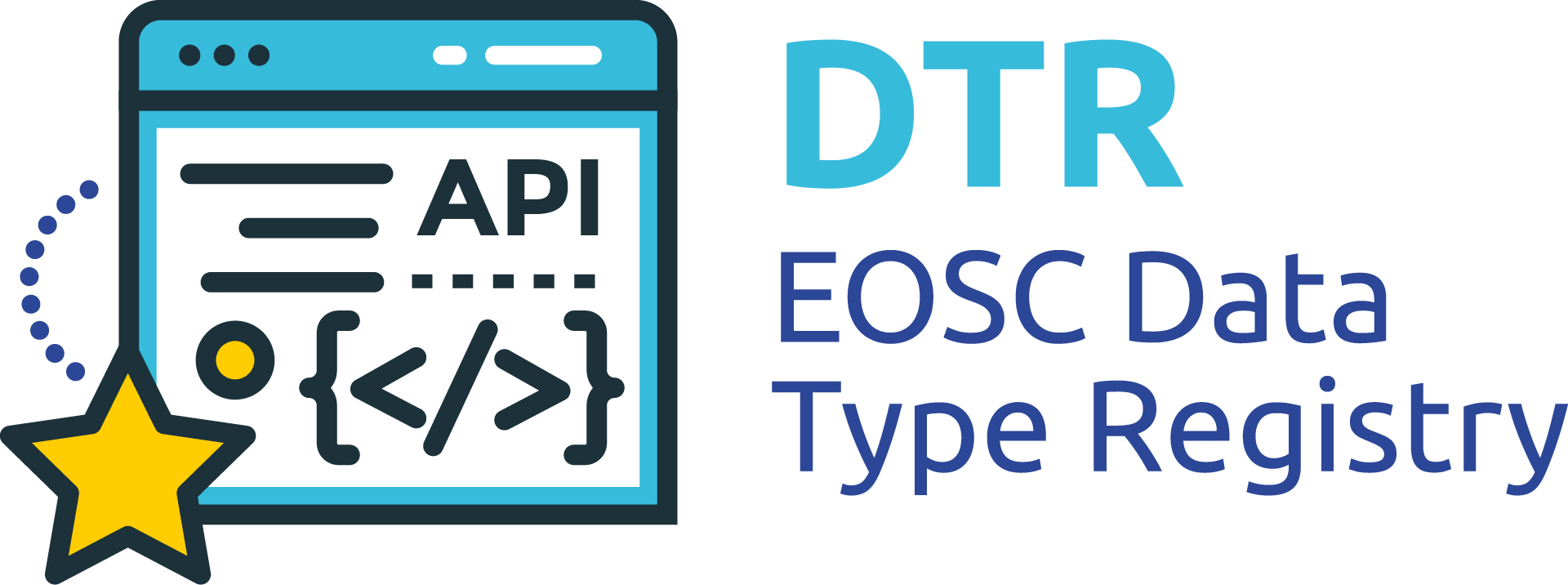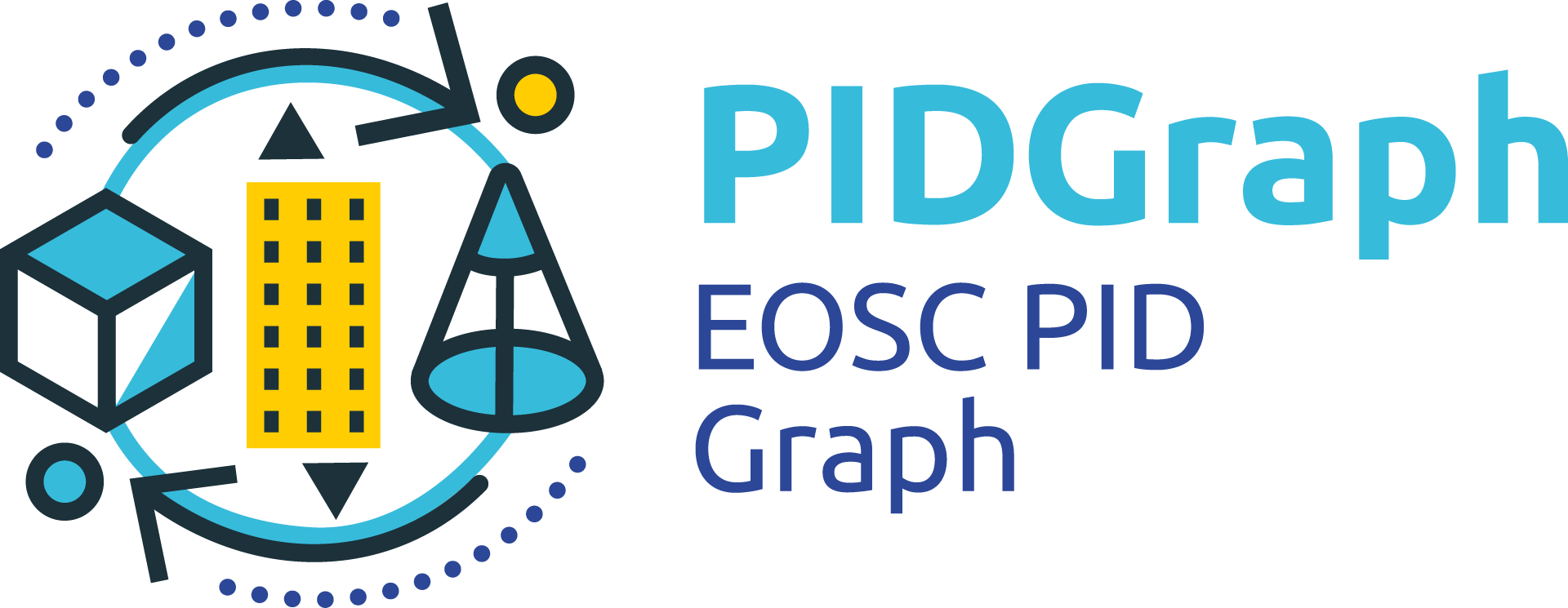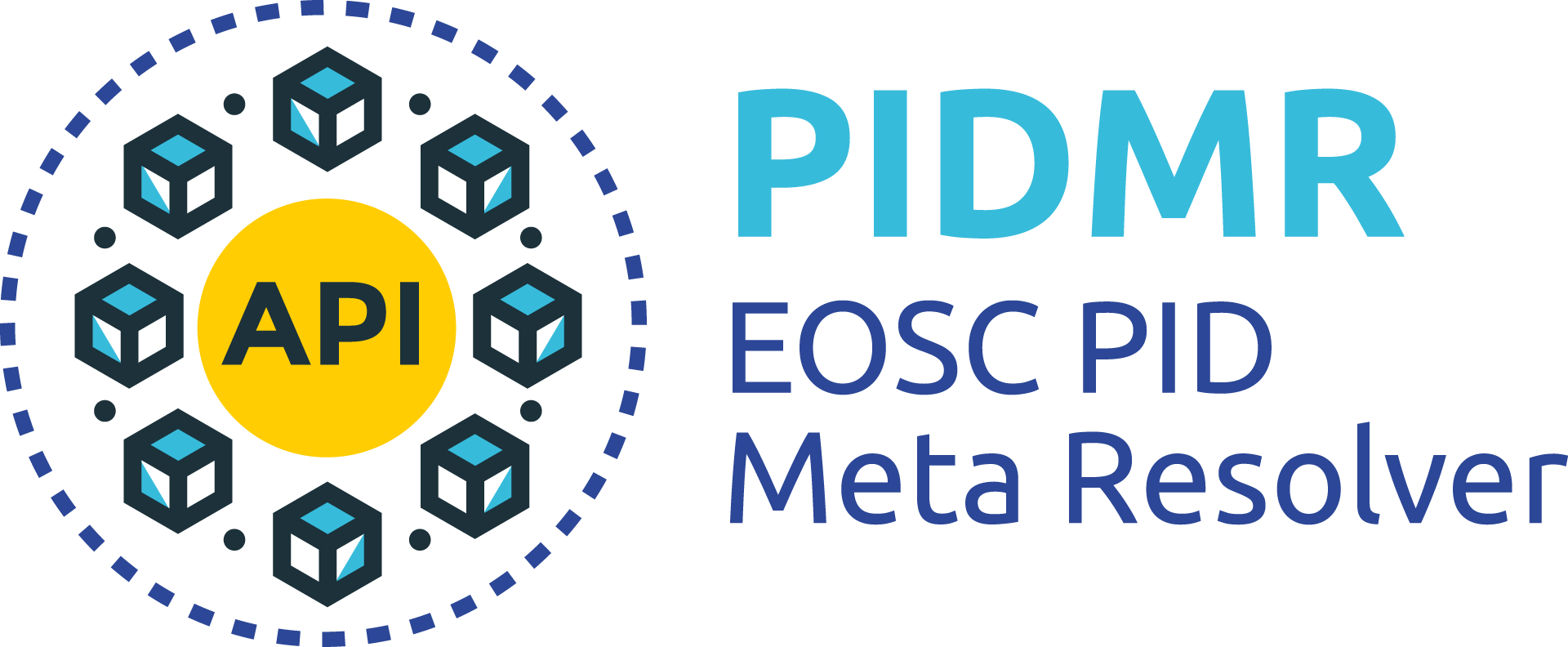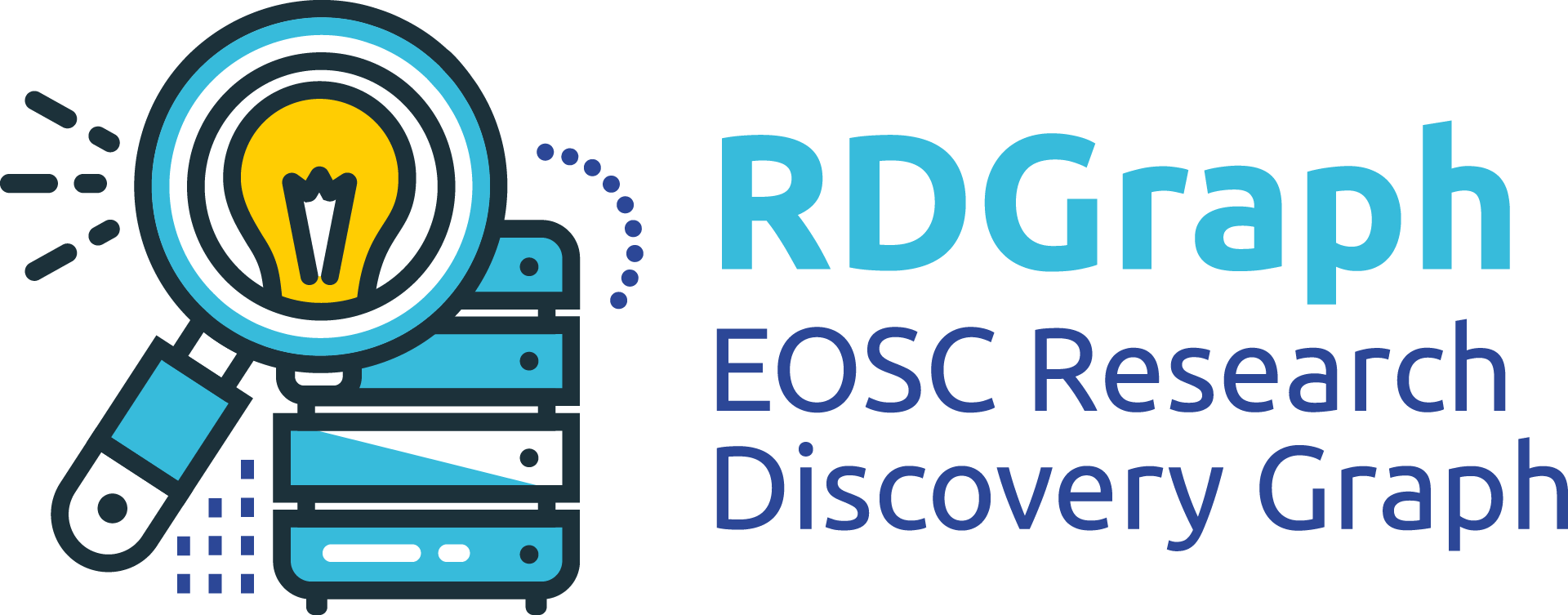Challenge
The broader SSH field features different community specific services to manage the wide variety of metadata, data types and tools required to serve the diverse application scenarios in this extremely hectic domain. Examples are: the CLARIN’s Language Resource Switchboard, enabling discovery of tools to manage language resources of different types, the CLARIN Virtual Collection Registry used by scientists to create “shareable and citablet set of links to digital objects” the CLARIN Digital Object Gateway (DOG), a meta-resolver for PIDs across different CLARIN repository types and PID schemas (e.g. DOIs, Handles and GLAM object IDs from Europeana). Making such services available and interoperable with similar services from different domains would favour cross-discipline alignment in service development and ultimately facilitate the realisation of “horizontal” services across sciences.
Case study description
In this case study CLARIN has integrated its DOG, the CLARIN Virtual Collection Registry and the Language Resource Switchboard with the EOSC MSCR, the EOSC DTR and the EOSC PIDMR in order to improve the interoperability with other domains through (i) the integration of the VCR with the PIDMR, DTR and MSCR. This integration allows for the support of additional PID systems and metadata schemas from other domains in the virtual collection creation workflow. (ii) Through the integration of the DOG with the DTR to support extended mime types and taxonomy support increasing the discoverability of tools in the SSH domain. And (iii) through the extension of published metadata exposed in the PIDGraph and RDGraph improving the discoverability of language data.
Expected impact
Overall the discoverability of language data hosted in the CLARIN domain and the interoperability with other domains is improved through use of the proposed EOSC PIDMR, DTR, MSCR and Graph components. The DOG DTR integration will also lead to faster and easier processing of language data that is referred to with a persistent identifier.

Adopted components




